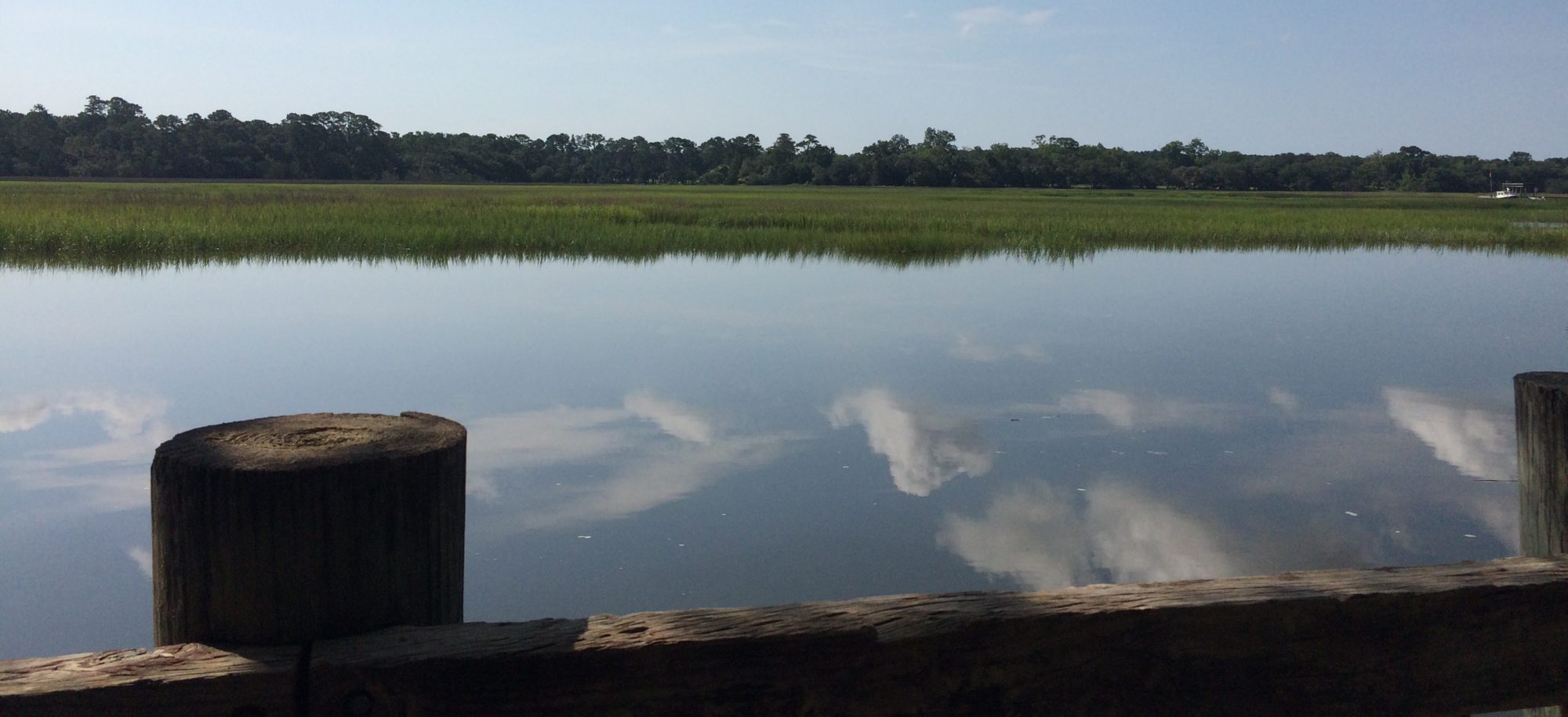Squash keep well because they have Kevlar rinds. It did not used to be that way, but when Kevlar was invented, lots of things changed, including squash.
Kevlar changes the way people think. More sharp-edged, bullet-precise thoughts are out there now. The addition of Kevlar to one’s attitude offers better protection from reality.
Kevlar can float an idea for discussion. Since Kevlar thoughts are lighter and stronger than older thoughts, floating ideas sink in less deeply, carried along on surface tension.
The best way to bake a squash is to split it lengthwise with a heavy knife, scrape the seeds out with a spoon and put olive oil and spices on the saffron flesh. This works for most small-to-medium squash with barely penetrable rinds, whether acorn, butternut or delicata. They exit the oven with their fiber mush sunk against the Kevlar, which you may want to save for recycling into durable planks for your deck.
Aside from composting, there is no currently successful recycling process for older, non-Kevlar squash rinds. It’s probably best to stack them in a cool, dry place, awaiting a scientific breakthrough.
